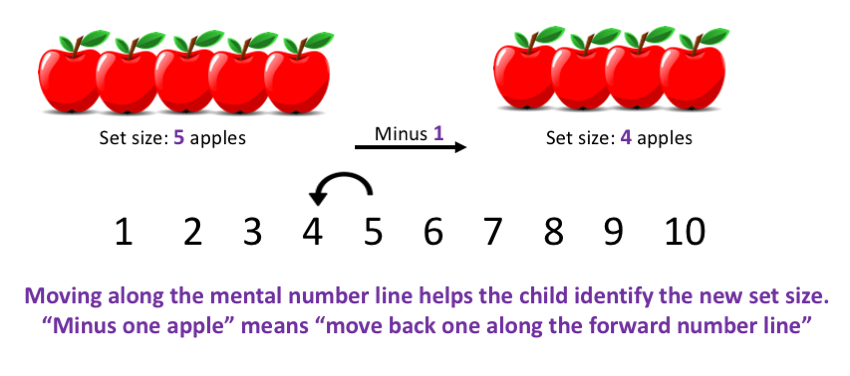Why Might Number Board Games Boost Children’s Early Number Skills?
Written by Ella James-Brabham and edited by Dr Francesco Sella and Professor Tim Jay. Ella is a Research Associate at Loughborough University. Please see here for more information about Ella and her work.
Board games are a frequent family activity, with 81% of families, with children under 14 years, reporting playing board games at least once per month. Not surprisingly, several research studies have investigated whether board games can improve learning in childhood. Specifically, certain types of board games may support the development of early numerical skills. Effective interventions to improve early numerical ability could significantly impact society, resulting in an annual saving of £1.6 billion of government funds. This large figure is perhaps less surprising when we consider that children’s early numerical ability predicts future academic achievement, time in education, employment, health, socioeconomic status, and quality of life.
Many board games entail some numerical components such as counting dice and dots, or recognising numbers (e.g., dominos, snakes and ladders, and UNO). In particular, number board games that involve moving counters on a visual number line (1-2-3-4-5; similar to snakes and ladders) have shown some effectiveness in improving early numerical skills. The number line is a powerful tool to present numerical information as numbers are ordered in increasing magnitude from left to right (in Western cultures), and the distance between numbers directly reflects their magnitude relation. Children’s performance on number line tasks, where typically children are asked to place numbers in the correct location on the number line, is related to a range of important early numerical skills, which include their ability to recall numbers, compare numbers(e.g., is two bigger than five?), and carry out arithmetic.
Several studies have investigated whether playing a linear number board game improves children’s early numerical skills. Siegler and Ramani (2008) measured low-income preschoolers’ numerical ability and then randomly allocated the preschoolers to either play a linear numerical board game where they spin a number spinner and move counters across the number line board, or a colour game where they spin a colour spinner and match colours. Preschoolers played the game they had been allocated four times per week for two weeks and then their numerical ability was measured again. They found that children who played the number board game became better at placing numbers in the correct position on the number line in comparison to children who played the non-numerical colour board game. Interestingly, the linear presentation of numbers in a board game appears crucial to improving numerical skills, as when the same game in a linear format was compared to a circular format, the linear format was significantly better for improving number skills. Linear board games have also been found to improve a range of other numerical skills in low-income and middle-income preschoolers, including counting, identifying numbers, and comparing the magnitude of numbers. Linear board games show promise for decreasing gaps between low-income and high-income children as children with initially lower number knowledge show the greatest benefits from linear board games. What is particularly encouraging is that linear board games are both practical and effective within a classroom context.
While most of the linear board games involve counting forward, recent research by Dr Francesco Sella, at Loughborough University, has highlighted how the ability to count backwards may reflect a more advanced understanding of counting. Accordingly, children develop a better understanding of number magnitude when they understand the relationship between set size and number words. For example, removing one item from a set means that the set size is reduced by one. The child can identify how many items are in this new set, if they move one along the number line. See the graphic below.

In this light, a linear board game, which encourages counting forward and backwards (i.e., bi-directional), may become an effective tool to improve early numerical skills. Over the next year, Dr Francesco Sella, Professor Tim Jay, and Ella James-Brabham at Loughborough University are undertaking a research project funded by the Nuffield Foundation to co-develop a bi-directional counting board game with teachers and children. The project will test whether playing a bi-directional number line board game is more beneficial than a forward-only linear board game for improving developing numerical skills. The findings could have implications for the tools schools use to help support the development of children’s early numerical skills. More information about the project can be found here.
The project has been funded by the Nuffield Foundation, but the views expressed are those of the authors and not necessarily the Foundation’s.
Centre for Mathematical Cognition
We write mostly about mathematics education, numerical cognition and general academic life. Our centre’s research is wide-ranging, so there is something for everyone: teachers, researchers and general interest. This blog is managed by Joanne Eaves and Chris Shore, researchers at the CMC, who edits and typesets all posts. Please email j.eaves@lboro.ac.uk if you have any feedback or if you would like information about being a guest contributor. We hope you enjoy our blog!